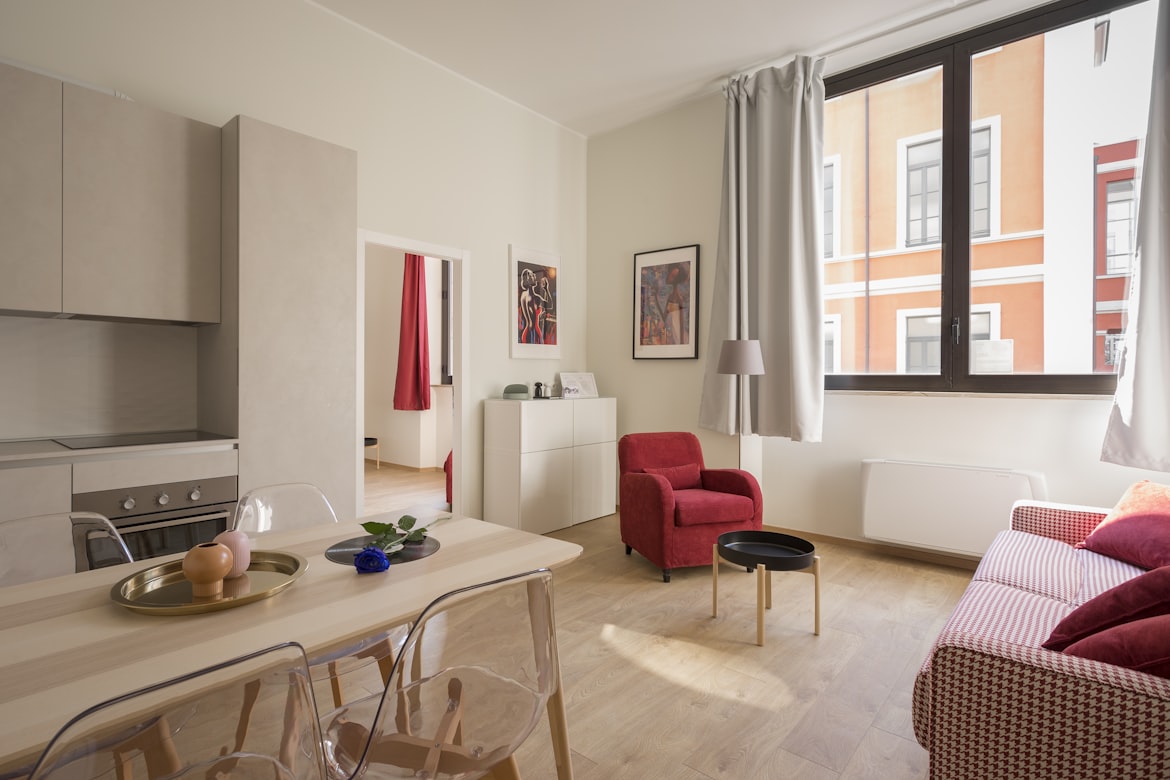Accommodation is a basic human need that everyone deserves. But for people with disabilities, the right kind of accommodation can be a game-changer. With the introduction of the National Disability Insurance Scheme (NDIS), people with disabilities have access to a variety of short-term accommodation options that cater to their unique needs. Short-term accommodation can mean anything from a few nights to a few weeks or months - and can be a great option for those looking for a more flexible, personalized, and cost-effective solution. In this article, we will delve into the benefits of short-term accommodation through the NDIS, explore some common types of short-term accommodation, and share tips for choosing the right option for your needs.
Improved Quality of Life and Independence:
Short-term accommodation can provide an opportunity for people with disabilities to enjoy a change of scenery and experience new environments while still receiving the support and care they need. For instance, accommodation might be provided in a disability-friendly bed and breakfast, a hotel that has been adapted for accessibility, or a supported transitional housing situation. This can promote independence and boost self-esteem, while also enabling people to socialize with others and participate in activities they might not have had access to previously.
Flexibility and Personalization:
Short-term accommodation allows people with disabilities and their families to choose a tailored solution that caters to their specific needs. This means that they can choose the length of their stay, the type of accommodation, and the services they require. They can also select a location that suits their lifestyle and preferences, such as close to family or in a city centre. Moreover, it is essential to note that people can change their accommodations if their needs change, making short-term accommodation a flexible solution that can adapt to changing circumstances.
Cost-Effective Solution :
Short-term accommodation can be more cost-effective than other options such as holiday rentals or hotels, especially if the accommodation is funded through the NDIS. With the NDIS, people can receive funding to cover the cost of short-term accommodation, making it an affordable solution for those on a budget.
Transitional Solution:
Short-term accommodation is also a useful solution for those who are transitioning between different life stages. This might include moving out of the family home, starting a new job or education, or transitioning out of residential care. Short-term accommodation provides a safe and secure environment for people to adjust to their new circumstances and gain the skills and confidence they need to live more independently.
Wide Range of Accommodation Options:
Short-term accommodation is available in various forms and can be tailored to different needs. This includes supported accommodation, respite care, transitional or temporary housing, and specialist disability accommodation. Depending on the type of accommodation people require, they can access a range of services, including accommodation and meals, nursing and medical care, personal care, and transport. These options offer people with disabilities and their families plenty of choices so that they can select the services they need to promote independence and enhance their quality of life.
Conclusion:
In conclusion, people with disabilities have always faced unique challenges when it comes to finding the right accommodation. With the NDIS, people can access a range of short-term accommodation options that offer more flexibility, personalization, and affordability. The benefits of short-term accommodation include improved quality of life and independence, flexibility and personalization, cost-effectiveness, transitional solutions, and a wide range of options. To find the right short-term accommodation solution, consider working with an NDIS provider who can help you navigate the funding and accommodation options available. By taking advantage of the opportunities available through the NDIS, people with disabilities can access the accommodation they need to thrive in every aspect of their lives.

